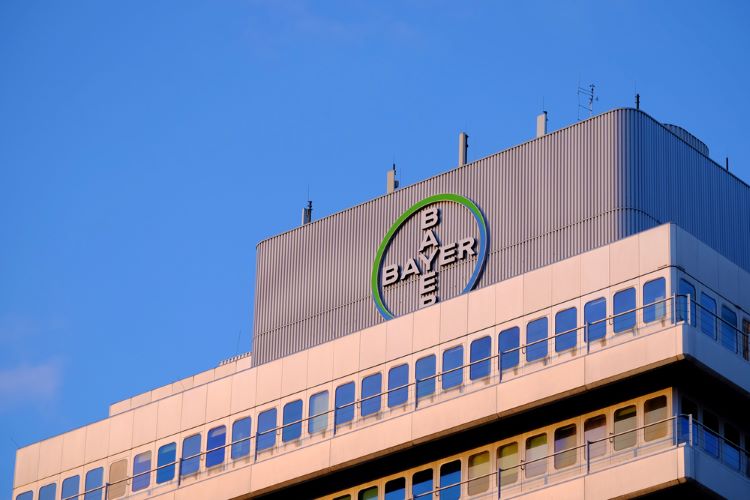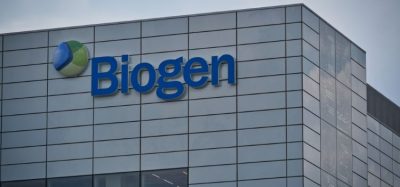Bayer claims cell and gene therapy first in Parkinson’s research
Posted: 23 September 2025 | Catherine Eckford (European Pharmaceutical Review) | No comments yet
Advances cell therapy and gene therapy candidates, with both showing neurorestorative potential against the disease.


Credit: Elena Krivorotova / Shutterstock.com
Two of Bayer’s Parkinson’s candidates have passed clinical milestones in their potential use against the moderate stage of the disease.
Cell therapy bemdaneprocel (BRT-DA01) and gene therapy AB-1005 are being developed in collaboration with Bayer’s subsidiary companies BlueRock Therapeutics and AskBio, respectively.
Bemdaneprocel has moved into late-stage clinical trials and phase II studies of AB-1005 have also commenced, moves that make Bayer the first company to advance a cell therapy as well as a gene therapy against Parkinson’s disease, the firm said.
The phase III exPDite-2 trial of bemdaneprocel is also the first study to test an allogeneic pluripotent stem cell derived therapy for Parkinson’s and it aims to enrol around 100 patients with the condition.
Dr Gabi Belfort, PhD, Senior Vice President and Bemdaneprocel Product Lead at BlueRock Therapeutics, said: “Parkinson’s disease is characterised by the loss of dopamine producing cells in the brain resulting in motor impairments.
“Bemdaneprocel aims to replace these lost cells with new dopamine producing neurons and we are excited that the pivotal phase III exPDite-2 clinical trial to explore this approach is now underway.”
The cell therapy aims to replace the dopamine producing neurons lost in Parkinson’s disease by surgically implanting human embryonic pluripotent stem cells that then develop into mature dopamine neurons. In this way the hope is that they can re-form neural networks and thus potentially restore motor and non-motor function.
In a phase I study, bemdaneprocel previously met its primary endpoint when it was found to be well tolerated with no serious adverse events related to drug product at 24 months post-surgery. It also showed initial improvements in secondary endpoints related to motor impairments at 24 months post-surgery.
Advancing gene therapy for Parkinson’s
Additionally, the first European participants have entered the phase II REGENERATE-PD clinical trial investigating AB-1005, a glial cell line-derived neurotrophic factor (GDNF) investigational gene therapy, which is delivered intraputaminally.
[REGENERATE-PD is] the first neurosurgical gene therapy programme for Parkinson’s to successfully randomise patients from both the US and Europe into a single phase II trial”
Dr Alan Whone, PhD, REGENERATE-PD Europe Lead and Principal Investigator, said: “I believe the randomisation of the first European participants in REGENERATE-PD, which makes this the first neurosurgical gene therapy programme for Parkinson’s to successfully randomise patients from both the US and Europe into a single phase II trial.”
The study of nearly 90 patients will evaluate AB-1005’s safety and efficacy when delivered to the putamen in the brain of adults aged 45-75 years with moderate-stage Parkinson’s disease.
Last week, Bayer announced it has begun construction of a new cell and gene therapy centre in Berlin, Germany. Due to be completed by 2028, the facility is planned to generate a biotech ecosystem to support start-ups to advance novel therapeutic approaches into clinical development.
Related topics
Clinical Development, Clinical Trials, Data Analysis, Drug Development, Drug Safety, Gene therapy, Industry Insight, Research & Development (R&D), Therapeutics









